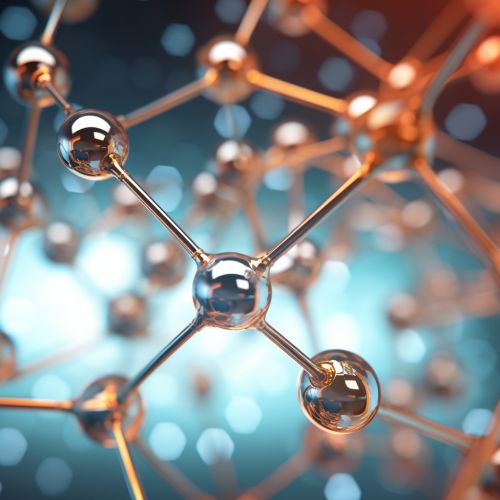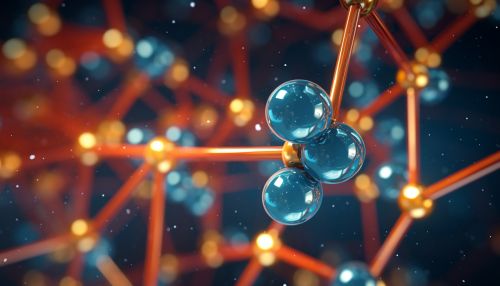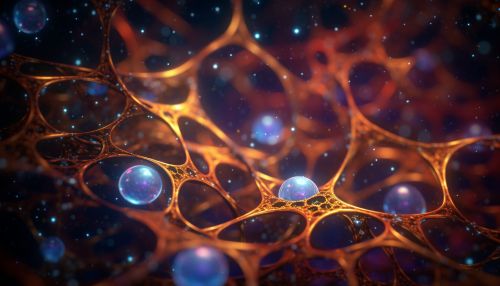Serotonin
Introduction
Serotonin, also known as 5-hydroxytryptamine (5-HT), is a monoamine neurotransmitter that plays a crucial role in maintaining mood balance. It is derived from the essential amino acid tryptophan and is primarily found in the central nervous system (CNS), blood platelets, and the gastrointestinal tract of animals and humans.


Biochemistry
Serotonin is synthesized through a two-step process. The first step involves the conversion of dietary tryptophan into 5-hydroxytryptophan (5-HTP) by the enzyme tryptophan hydroxylase. The second step involves the decarboxylation of 5-HTP to serotonin, facilitated by the enzyme aromatic L-amino acid decarboxylase.
Physiological Role
Serotonin influences various physiological and biological processes. It plays a significant role in the regulation of mood, appetite, sleep, memory, learning, and temperature. It also has a critical role in the functioning of the cardiovascular system, muscles, and various elements in the endocrine system.


Serotonin and Mood Regulation
Serotonin is often referred to as the 'feel good' neurotransmitter as it contributes significantly to feelings of well-being and happiness. It helps regulate mood, prevent depression, and makes one feel content. Low levels of serotonin are associated with mood disorders such as depression and anxiety.
Serotonin in the Digestive System
Approximately 90% of the body's total serotonin is located in the enterochromaffin cells in the gut, where it is used to regulate intestinal movements. It also plays a role in reducing appetite while eating.
Serotonin in the Blood
Serotonin in the blood is primarily stored in the platelets, where it helps to regulate hemostasis and blood clotting. It also plays a role in regulating blood glucose levels, making it an important neurotransmitter for diabetes management.


Serotonin Syndrome
Serotonin syndrome is a potentially life-threatening condition that can occur following therapeutic drug use, intentional self-poisoning, or inadvertent interactions between drugs. The condition is characterized by a range of symptoms such as agitation, restlessness, confusion, rapid heart rate, dilated pupils, loss of muscle coordination, heavy sweating, diarrhea, headache, shivering, and goosebumps.
Serotonin and Sleep
Serotonin is a precursor to melatonin, a hormone that regulates the sleep-wake cycle. It plays a crucial role in sleep onset, duration, and quality.


Serotonin and Bone Metabolism
Recent research has shown that serotonin also plays a role in bone metabolism. High levels of serotonin in the bones can lead to osteoporosis by inhibiting bone formation and promoting bone resorption.
Conclusion
Serotonin is a vital neurotransmitter that plays a role in numerous bodily functions. It's primarily known for its role in mood regulation, but it also plays a significant role in digestion, blood clotting, and bone health. Understanding the various roles of serotonin in the body can help in the development of treatments for various health conditions.
